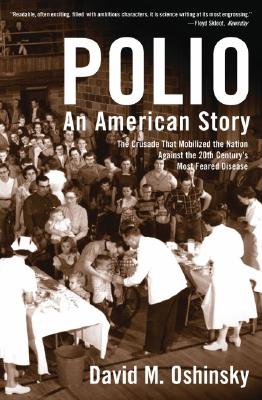Expedite your nonfiction book discovery process with Readara interviews, summaries and recommendations, Broaden your knowledge and gain insights from leading experts and scholars
In-depth, hour-long interviews with notable nonfiction authors, Gain new perspectives and ideas from the writer’s expertise and research, Valuable resource for readers and researchers
Optimize your book discovery process, Four-to eight-page summaries prepared by subject matter experts, Quickly review the book’s central messages and range of content
Books are handpicked covering a wide range of important categories and topics, Selected authors are subject experts, field professionals, or distinguished academics
Our editorial team includes books offering insights, unique views and researched-narratives in categories, Trade shows and book fairs, Book signings and in person author talks,Webinars and online events
Connect with editors and designers,Discover PR & marketing services providers, Source printers and related service providers

Polio
Medical > History
- Oxford University Press, USA
- Paperback
- 9780195307146
- 9.26 X 6.14 X 0.97 inches
- 1.19 pounds
- Medical > History
- (Single Author) Asian American
- English
Readara.com
Book Description
Oshinsky offers an insightful look at the National Foundation for Infantile Paralysis, which was founded in the 1930s by FDR and Basil O'Connor, it revolutionized fundraising and the perception of disease in America. Oshinsky also shows how the polio experience revolutionized the way in which the government licensed and tested new drugs before allowing them on the market, and the way in which the legal system dealt with manufacturers' liability for unsafe products. Finally, and perhaps most tellingly, Oshinsky reveals that polio was never the raging epidemic portrayed by the media, but in truth a relatively uncommon disease. But in baby-booming America--increasingly suburban, family-oriented, and hygiene-obsessed--the specter of polio, like the specter of the atomic bomb, soon became a cloud of terror over daily life.
Both a gripping scientific suspense story and a provocative social and cultural history, Polio opens a fresh window onto postwar America.
Author Bio
David Oshinsky holds the Jack S. Blanton Chair in History at the University of Texas and is a Distinguished Scholar in Residence at New York University. His books include Polio: An American Story, which won the Pulitzer Prize for History in 2006. His essays and reviews appear regularly in the New York Times and other publications.
Education
PhD from Brandeis University
Source: New York University
Videos








Community reviews
No Community reviews

